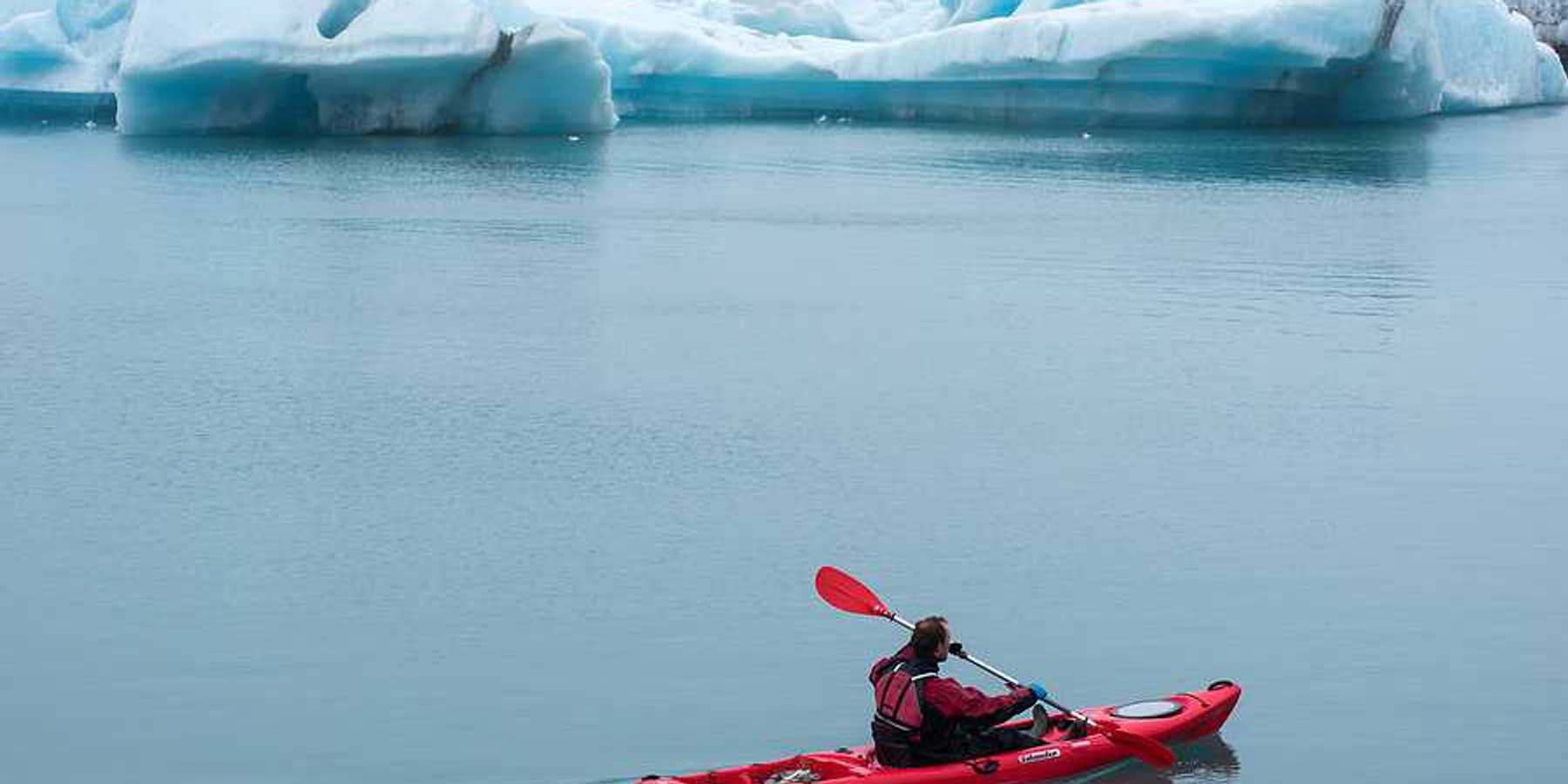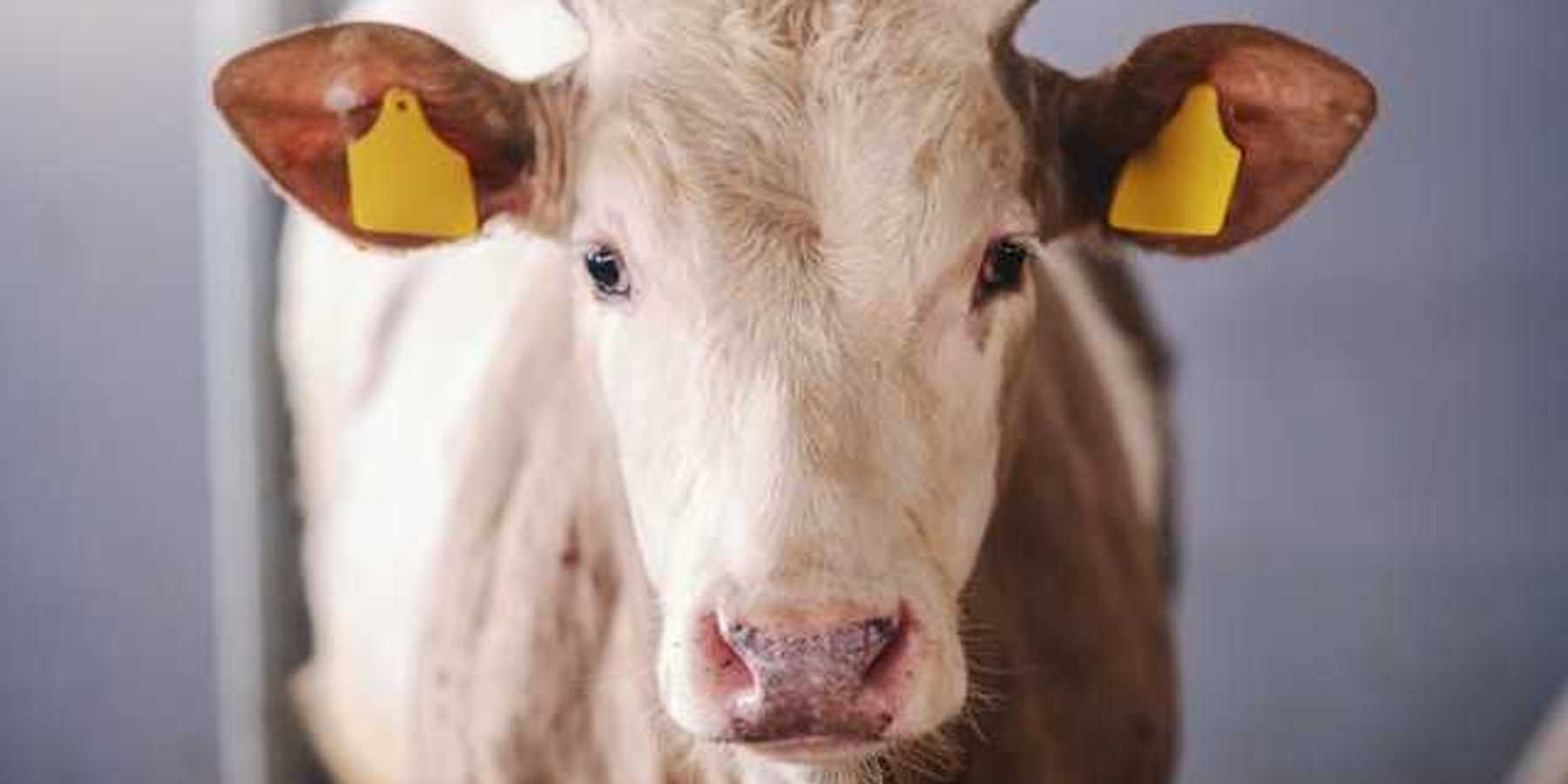Folklorists play a crucial role in climate adaptation by preserving cultural traditions
In a warming world, folklorists are becoming key players in helping communities adapt by preserving their cultural heritage.
Katie Myers reports for Grist.
In short:
- Folklorists are documenting and helping sustain cultural practices as climate change disrupts communities across the U.S., from Louisiana's coast to Appalachia.
- By focusing on traditions, these experts are aiding in both the physical and cultural resilience of affected areas.
- Their work emphasizes the importance of cultural identity and community bonds in times of environmental crisis.
Key quote:
"There’s more to community resilience than the physical protection of properties."
— Maida Owens, Louisiana's state folklife program
Why this matters:
Folklore and Indigenous stories often contain detailed observations of the environment, including animal behavior, weather patterns, and natural cycles, which can complement scientific research by offering long-term ecological knowledge. This blending of traditional knowledge with modern science can enhance our understanding of environmental changes and inform more holistic approaches to climate adaptation and mitigation strategies.
Be sure to read Brian Bienkowski's 2016 piece about how adding cultural observations from the Crow tribe to Western science bolsters both the science and the tribe.













